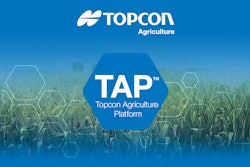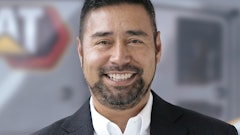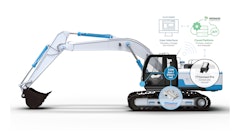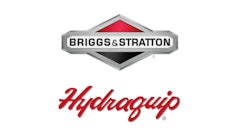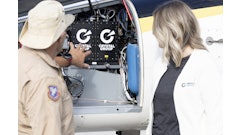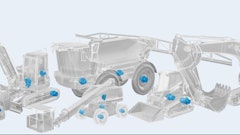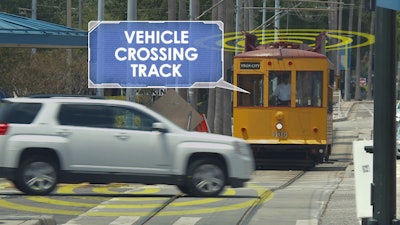
The 2017 Florida Automated Vehicles (FAV) Summit, which recently took place in Tampa, showcased new technology that can make roads safer for drivers and pedestrians. Summit participants had the opportunity to see real-world application of this technology at the Tampa Hillsborough Expressway Authority’s (THEA) Tampa Connected Vehicle Pilot demonstration Nov. 13. 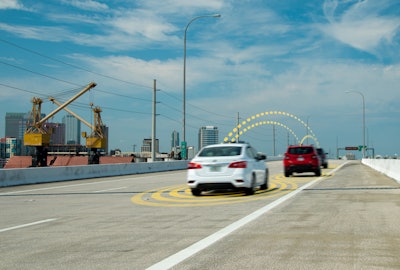 The Tampa Connected Vehicle Pilot includes vehicle-to-vehicle (V2V) communications applications, which will alert drivers of connected vehicles when another connected vehicle ahead brakes hard or when a forward collision with another connected vehicle is imminent.
The Tampa Connected Vehicle Pilot includes vehicle-to-vehicle (V2V) communications applications, which will alert drivers of connected vehicles when another connected vehicle ahead brakes hard or when a forward collision with another connected vehicle is imminent.
The Tampa Connected Vehicle Pilot is designed to demonstrate the safety, mobility and environmental benefits of connected vehicle technology by equipping approximately 1,600 privately owned automobiles, 10 Hillsborough Area Regional Transit (HART) buses and 10 TECO Line streetcars with connected vehicle technology by mid-2018.
“The technology is all about the future,” Joe Waggoner, THEA Executive Director, says. “It’s about safer streets, safer cars, safer pedestrian ways, safer bicycle ways. And then ultimately, it’s about more choices to move people more efficiently within the infrastructure you have.”
Tampa is one of just three sites deploying the technology as part of the U.S. Department of Transportation’s Connected Vehicle Pilot Deployment Program. The other two sites are New York City and the Interstate 80 corridor in the state of Wyoming. The Tampa project is the only one that involves local residents driving their own cars.





